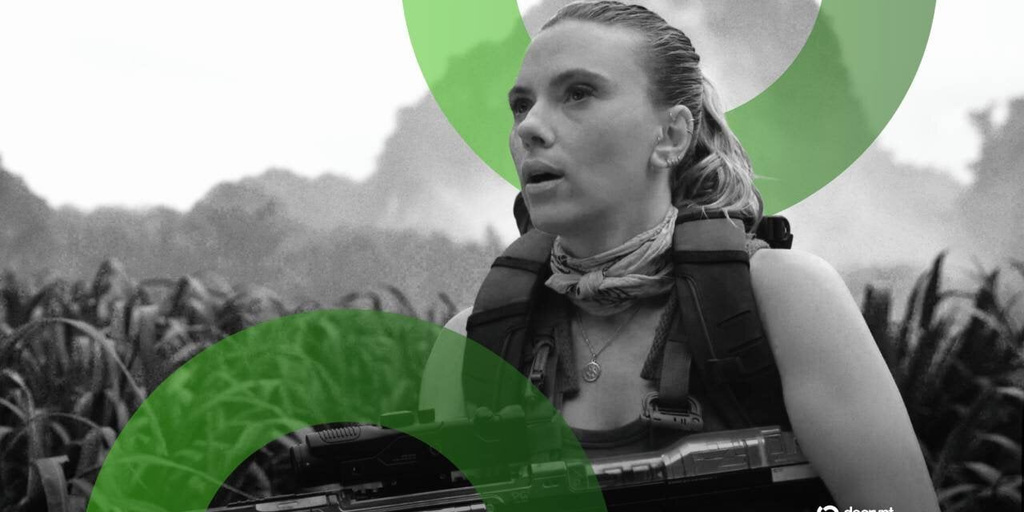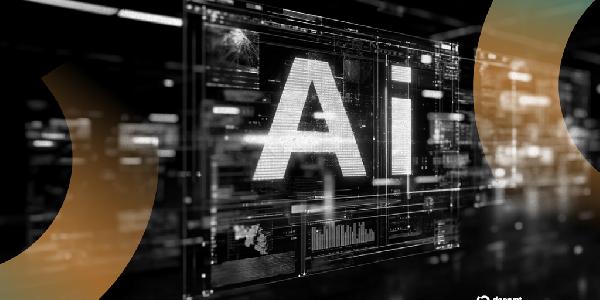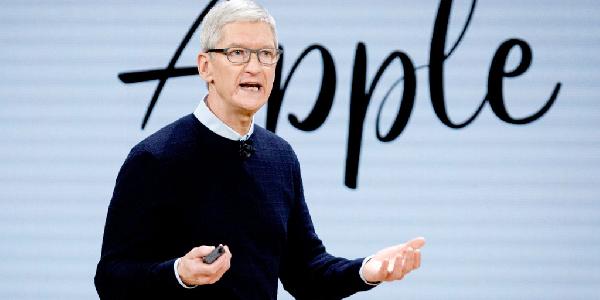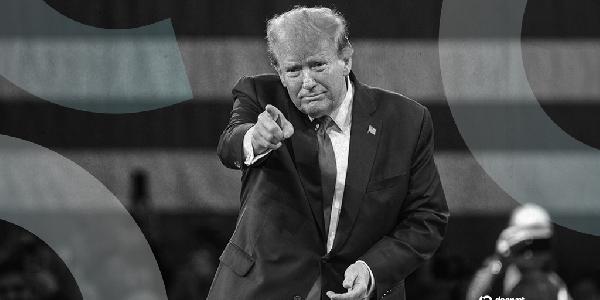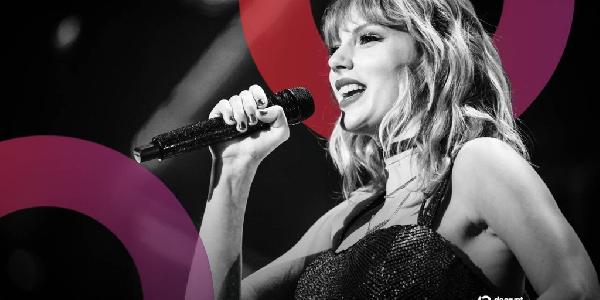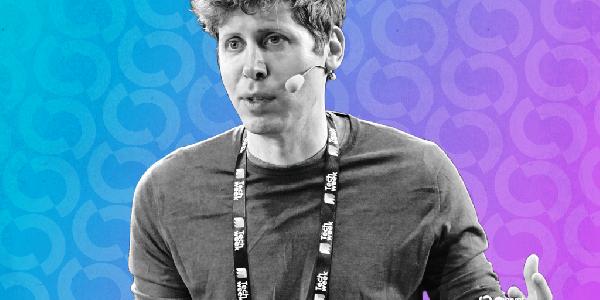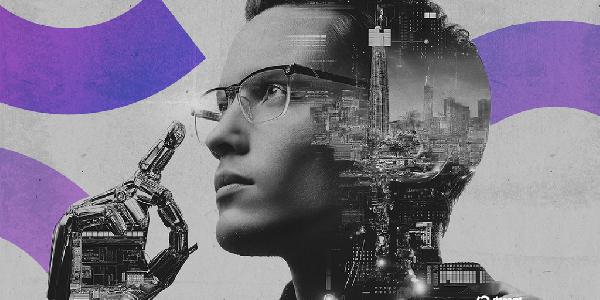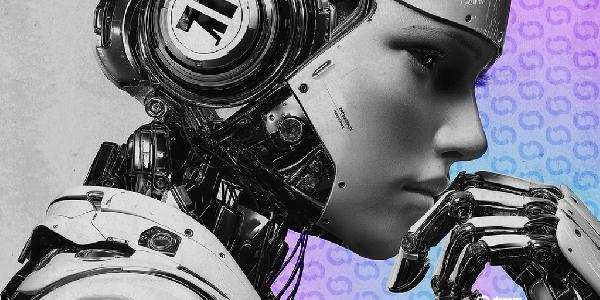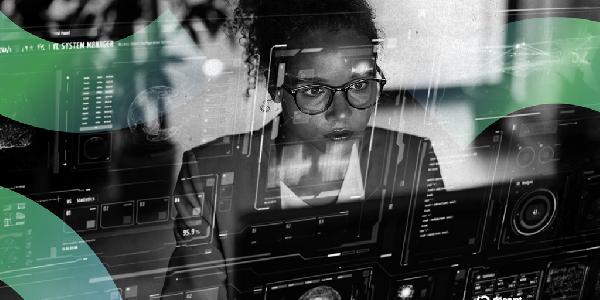American film studio Universal Pictures has begun warning AI companies not to use its movies for training by adding legal notices to film credits stating that the content "may not be used to train AI."
The warning, which has appeared on recent releases including "How to Train Your Dragon" and "Jurassic World Rebirth,” is part of Hollywood‘s efforts to protect copyrighted content from AI training, according to The Hollywood Reporter.
The move comes as AI image generator Midjourney mounted its first response against accusations of "vast, intentional, and unrelenting copyright infringement" brought by major Hollywood studios like Disney and Universal in June.
The lawsuit alleged Midjourney systematically violated copyright by enabling users to create unauthorized reproductions of iconic characters from Star Wars, Marvel superheroes, and Disney animated films.
Midjourney claims “fair use”
Midjourney challenged the studios on multiple fronts, first disputing claims about AI training, in the 43-page court filing.
"Copyright law does not confer absolute control over the use of copyrighted works," the filing says. "The limited monopoly granted by copyright must give way to fair use, which safeguards countervailing public interests in the free flow of ideas and information."
The San Francisco-based company pointed to recent federal court rulings supporting AI training as “transformative fair use,” citing decisions in cases where authors sued Meta and Anthropic over alleged unauthorized use of their books to train AI models.
“Many dozens of Midjourney subscribers are associated with Plaintiffs‘ corporate email addresses," the filing notes, suggesting Disney and Universal employees actively use the service they‘re suing over.
The company also noted that Midjourney is popular among visual effects companies working directly for the plaintiff studios.
"Plaintiffs cannot have it both ways, seeking to profit—through their use of Midjourney and other generative AI tools—from industry-standard AI training practices on the one hand, while on the other hand accusing Midjourney of wrongdoing for the same," the response added.
“Training on large datasets has been standard practice, but now the industry is being forced to rethink what counts as fair use,” Midhun Krishna M, MLOps engineer at Juno AI, told Decrypt.
“If any visual similarity is treated as infringement, it risks setting a precedent that could restrict how all generative AI tools are built and used,” he added.
The filing quotes Disney CEO Bob Iger‘s recent comments praising AI as an "invaluable tool for artists" to bolster its case that studios benefit from the same technology they‘re attacking in court.
Midjourney noted that generating images with popular characters can serve legitimate purposes, including "non-commercial fan art, experimentation and ideation, and social commentary and criticism."
The AI firm also said the studios failed to follow proper takedown procedures under the Digital Millennium Copyright Act, making broad claims instead of identifying specific images and URLs.
The studios have not yet responded to Midjourney‘s filing.
The case comes amid rising AI use in entertainment, with streaming service Netflix recently saying it used generative AI to speed up a building collapse scene in the Argentine series "The Eternaut."
Your Email
